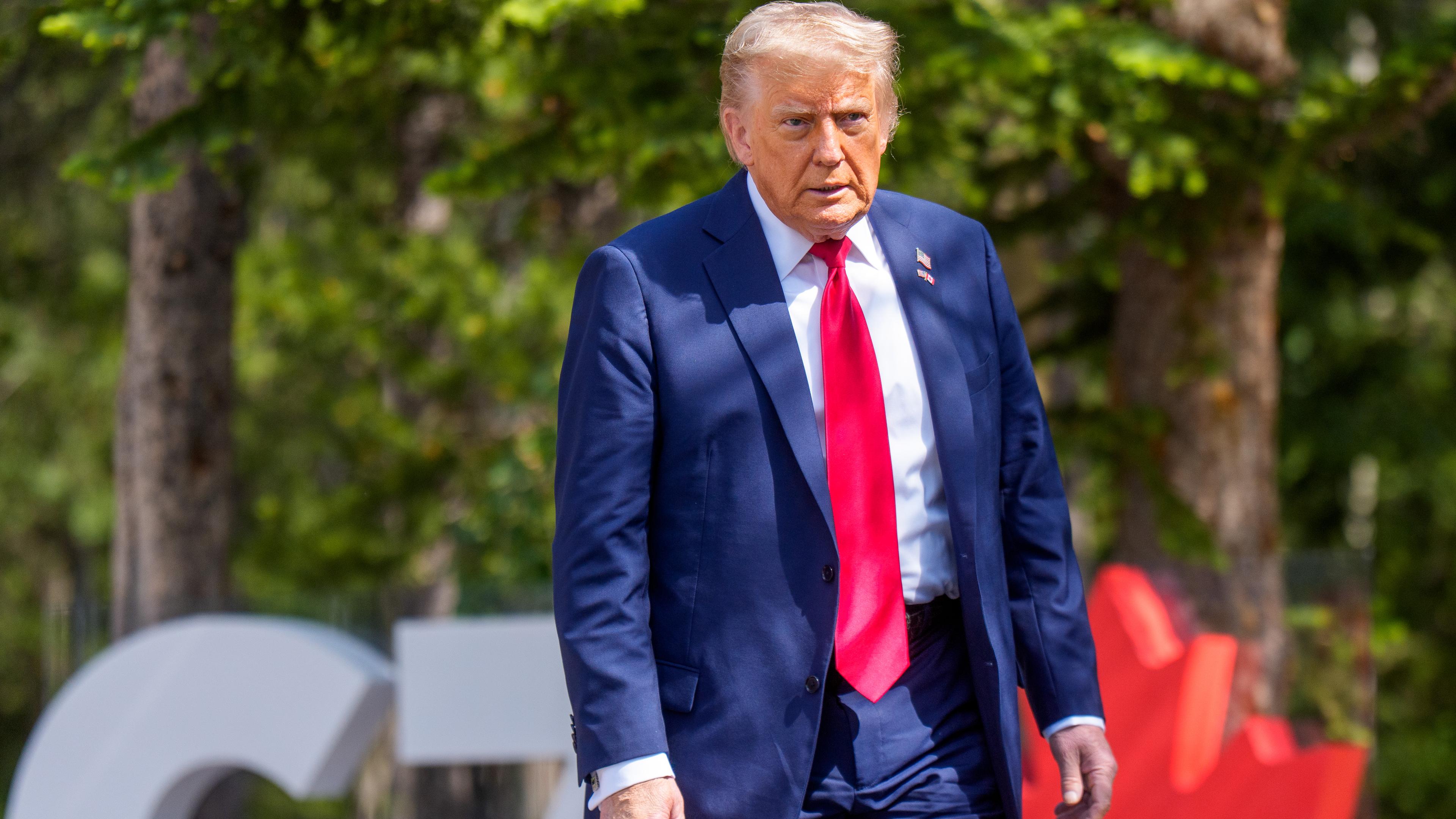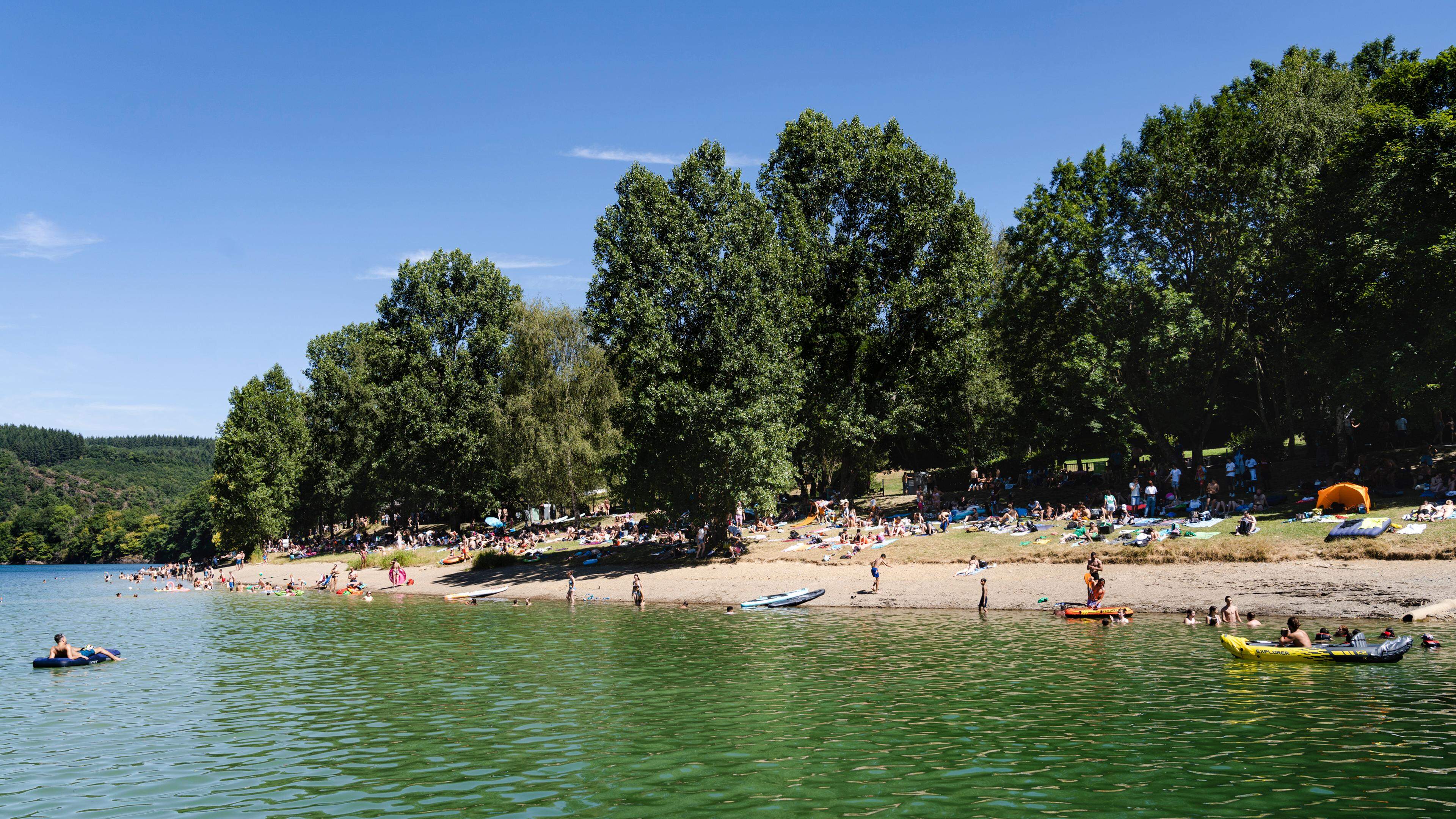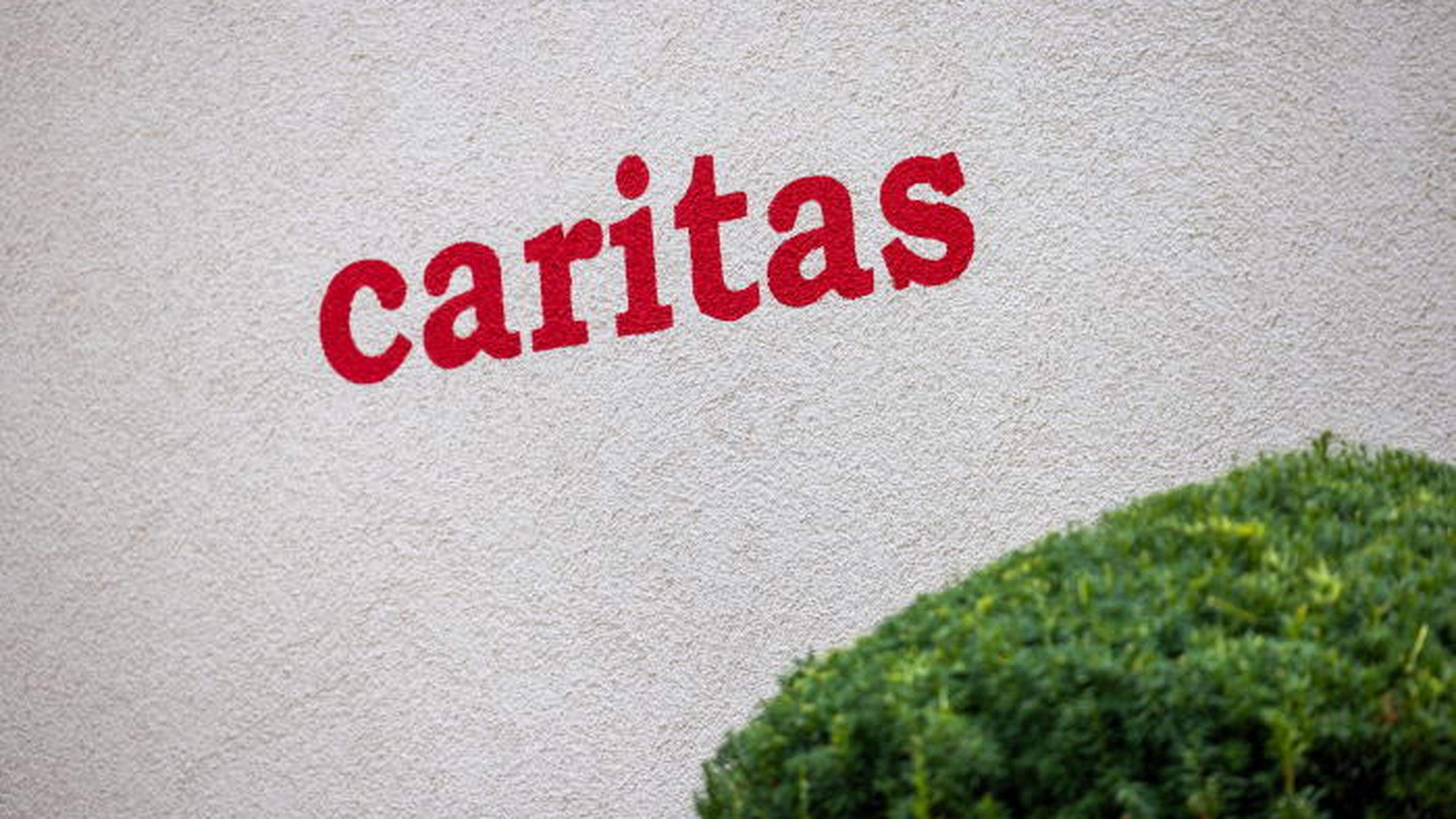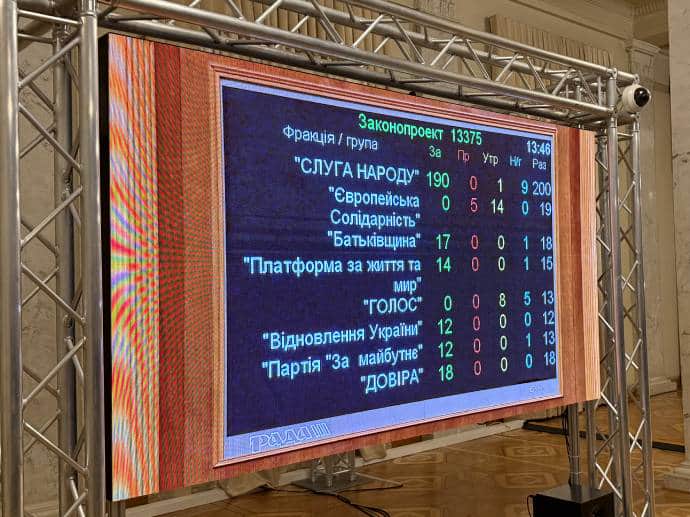That is why Norway’s $ 1,8th is unique
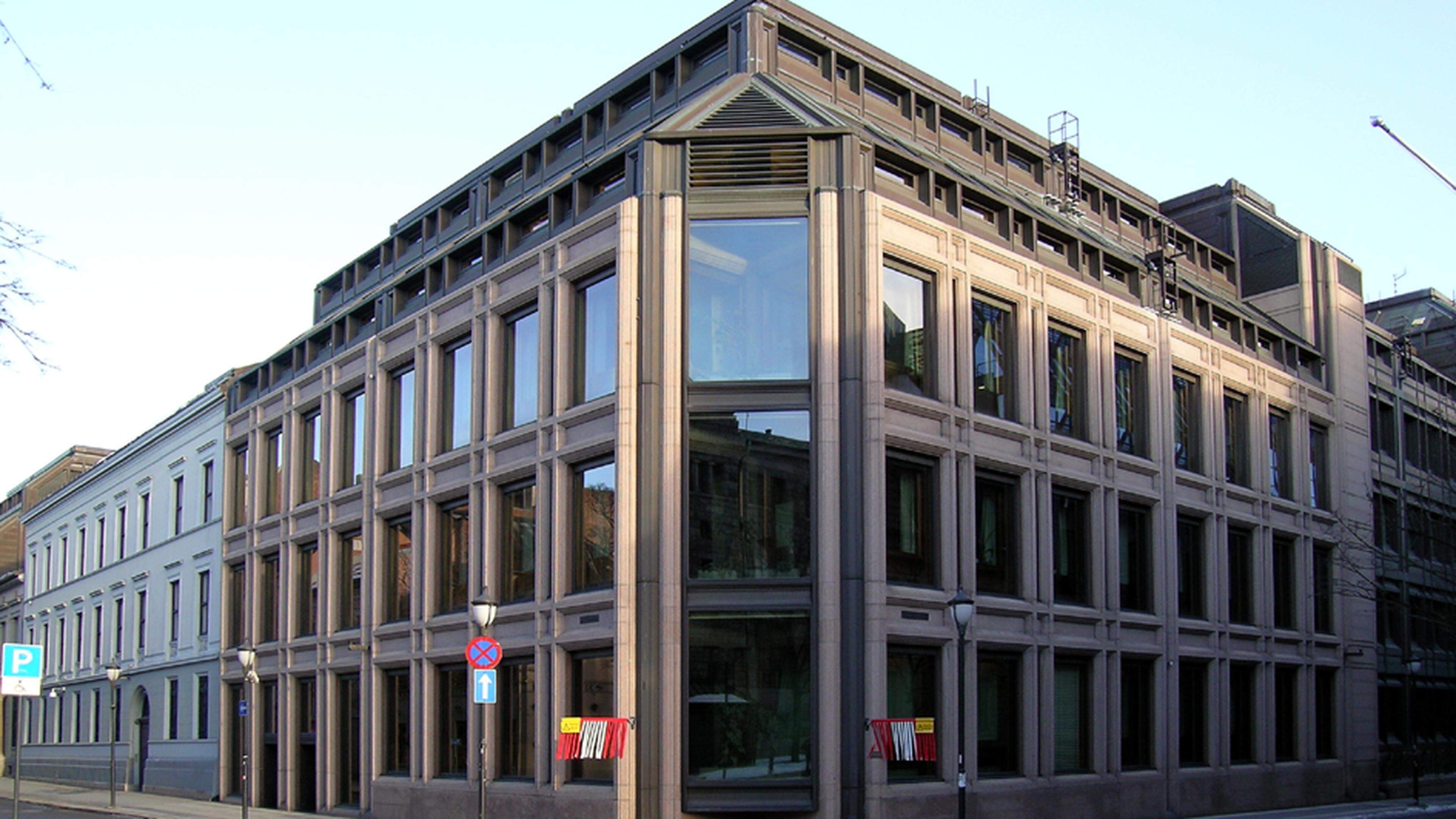
As a rule, huge, state -controlled investment vehicles select their assets in order to minimize risks, maximize profits and promote national strategic interests.
Not so the Norwegian fund that is managed by Norges Bank Investment Management (NBIM): It is largely based on global indices in order to achieve income from the country’s oil and gas revenue.
The fund – which was founded in the early 1990s to invest mainly in bonds – has developed into the world’s largest state fund through the acquisition of small participations in thousands of companies.
The fund’s assets of $ 1.8 trillion (1.6 trillion euros) generate far more income for the 5.5 million inhabitants of Norway than the oil and gas industry.
What is special about the Norwegian state fund?
However, due to its passive investment approach, the fund only has a few instruments to adapt to the heights and depths of the global capital market. This became clear in April when the fund had the greatest loss in six quarters-triggered by the trading tariffs threatened by US President Donald Trump and the associated market turbulence.
This setback in Norway has again triggered a debate about how the fund can be protected from future shocks.
The fund differs from many other funds of its kind by its strict assets.
… a rule that should avoid the risk of Dutch disease.
First, he always has to invest outside of Norway – a rule that is supposed to avoid the risk of the « Dutch disease », in which the wealth of raw materials can ultimately destabilize the domestic economy.
While state funds in many other countries partly serve to boost domestic industry or to invest strategically in order to strengthen the soft power of a country abroad, NBIM only has limited scope for active investments.
Other sovereign funds can make priorities and implementation more freely
The share of the fund – which is 70 percent of the total assets – holds shares in the 8,700 listed companies in 44 countries that form the FTSE Global All Cap Index.
He now has around 1.5 percent of the stock -nodes worldwide. The permanent part of the fund shows the Bloomberg Barclays indices, with 70 percent investing in government bonds and 30 percent in corporate bonds.
Other state funds can make their priorities and their implementation more freely: The Abu Dhabi Investment Authority (ADIA) is increasingly focusing on private equity and data-controlled investments, while Mubadala Investment plays a central role in the diversification of the EMIRAT economy.
The Saudi Public Investment Fund leads the development agenda « Vision 2030 » of the kingdom and primarily relies on mining, gaming and technology. Singapore State Fund GIC is expanding his commitment in the United States and takes more risks in private markets.
Where are the origins of the Norwegian state fund?
Norway discovered significant oil and gas deposits in the North Sea in 1969 and is now Western Europe’s largest producer of fossil fuels. In order to avoid instability, corruption and weak economic growth as in other raw material -rich economies, the government introduced high taxes for the energy sector and assumed the industry strict regulatory controls.
After years of political debates, the Norwegian Parliament created the petroleum find in 1990 to ensure that the oil revenue benefits both today’s and future generations. The first capital transfer to the fund took place in 1996. In the course of its global investments, the fund gradually shifted its focus on the explicit support of the national pension system and was renamed Government Pension Fund in 2006. The fund is managed by NBIM – the asset management department of the Norwegian Central Bank.
How has Norway’s state fund greater so big?
Initially, the fund was filled with funds from oil controls, license fees and profits from the state energy company. It was originally limited to investments in bonds, but his mandate was expanded over time. Today the fund is the world’s largest single shareholder in stock -nod.
The government cannot simply use as it likes it. Every year, a maximum of 3% of the fund value can flow into the state budget – a rule that should secure the assets for future generations. The rest is put up for new investments.
Head of Norway’s Billion Fund threatens AI refusers with career-out
Compared to other state funds, the Norwegian fund achieved a relatively average performance in the five years to 2023 according to the research advice Global SWF with a return of 7.45 percent. This is less than the Mubadala Fund from Abu Dhabi with 10.1 percent and the China Investment Corporation with 8.6 percent, but more than the 4.5 percent return of the Singapore State Fund Temasek and the 5.2 percent return from Korean Investment Corporation.
How did the mandate of the Norwegian fund develop?
The fund has increased its investments in shares over time and diversified its portfolio through real estate and renewable energies. You also value sustainability and responsible investment and are increasingly focusing on environmental, social and governance factors-an approach that has remained unchanged in view of the criticism of the Trump government of “Woken Capitalism”.
According to which ethical principles does the Norwegian fund invest?
Since 2004, the fund has been subject to ethical guidelines that have been determined by the Ministry of Finance and approved by Parliament. An independent Ethics Council monitors compliance with the guidelines that prohibit investments in companies that are involved in “gross corruption” or serious human and labor law violations or contribute to severe environmental damage. Companies that produce certain weapons such as nuclear weapons and scatter bombs are also excluded.
By the end of 2024, around 67 companies were excluded from the fund due to their behavior. This included the Indian company Adani Ports because of its business with the armed forces of Myanmar and the communications company Bezeq because of its activities in the Israeli settlements in the West Bank, which are illegal under international law.
Another 104 companies were removed from the fund based on their products: the fund’s guidelines ban investments in the cannabis industry, tobacco and coal. He also avoids companies that are responsible for “unacceptable greenhouse gas emissions” – a paradoxical attitude in view of the fact that the fund itself is financed with revenue from the sale of fossil fuels.
Will the Norwegian State Fund change its investment?
NBIM reported a loss of 0.6% to its investments for the first three months of 2025 – the equivalent of $ 40 billion. Since then, the market extinguishing has tightened in response to the comprehensive tariffs of the Trump government and triggered a debate in Norway about how the fund can be protected from a more unpredictable economic climate.
About 40 percent of the fund’s stock stocks are in the United States, and some Norwegian politicians believe that more investments should be shifted to Europe in order to reduce the risk from the volatile US markets. US bonds made up around nine percent of the fund’s assets at the end of 2024. The Norwegian finance minister and former NATO general secretary Jens Stoltenberg said that the fund adheres to his long-term strategy and will « continue to examine options for risk management ».
The conservative opposition of Norway has proposed to revise the fund’s guidelines in order to enable him to acquire shares in companies that produce nuclear weapons. The current restriction prevents the fund from investing in a large part of the European armaments industry. Due to the greatest upgrade since the Cold War, this is likely to be in response to Russia’s invasion in Ukraine.
Norway currently delivers around 30 percent of European gas requirements, and some politicians have asked for more money transfers from the fund to support the government in Kiev. They argue that the Norwegian oil and gas industry has achieved massive profits from the European energy crisis since the beginning of the Russian War in Ukraine in 2022.
The management of the fund has repeatedly pleaded to include private equity in its investments. However, the Ministry of Finance rejected this claim because it considers the high fees and the relative non -transparency of the sector to be questionable. The debate about it continues.
What does Norway do with the available profits of the state fund?
Part of it flows into the extensive social system of Norway, which offers free education and health care, highly subsidized childcare and generous illness. Norway lies in the global index of human development (HDI) of the United Nations in the third place behind Iceland and Switzerland. In 2024, the transfer payments from the fund made up about 20 to 25 percent of the state budget. The government has proposed to transfer 50 billion crowns (4.34 billion euros) from the fund to support the Ukrainian government.
In June 2024, the fund voted against the record remuneration package of $ 56 billion for Tesla boss Elon Musk.
What effects does the fund have on Norway and the world?
The fund is a financial cushion that made Norway possible to survive fluctuations in oil prices and the economy and to maintain the country’s financial stability. He also strengthened Norway’s Soft Power by promoting sustainable business practices worldwide.
In June 2024, the fund voted against the record remuneration package of $ 56 billion for Tesla boss Elon Musk, which has since increased in value and has been challenged in court. The fund announces its voting intentions five days before the annual general meetings of the companies in which he invests. In 2024 he voted in five percent of cases against the recommendations of the Supervisory Board.

